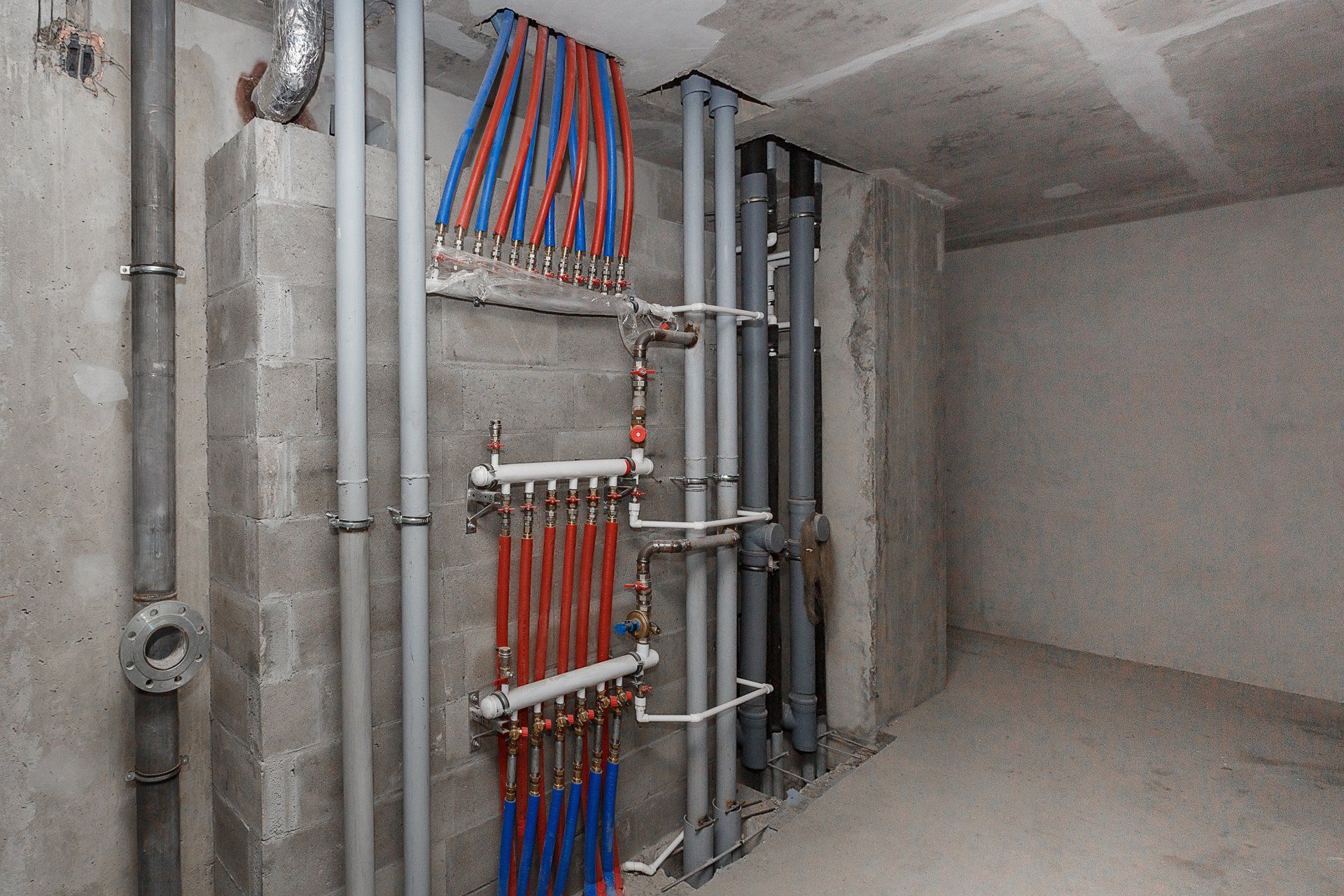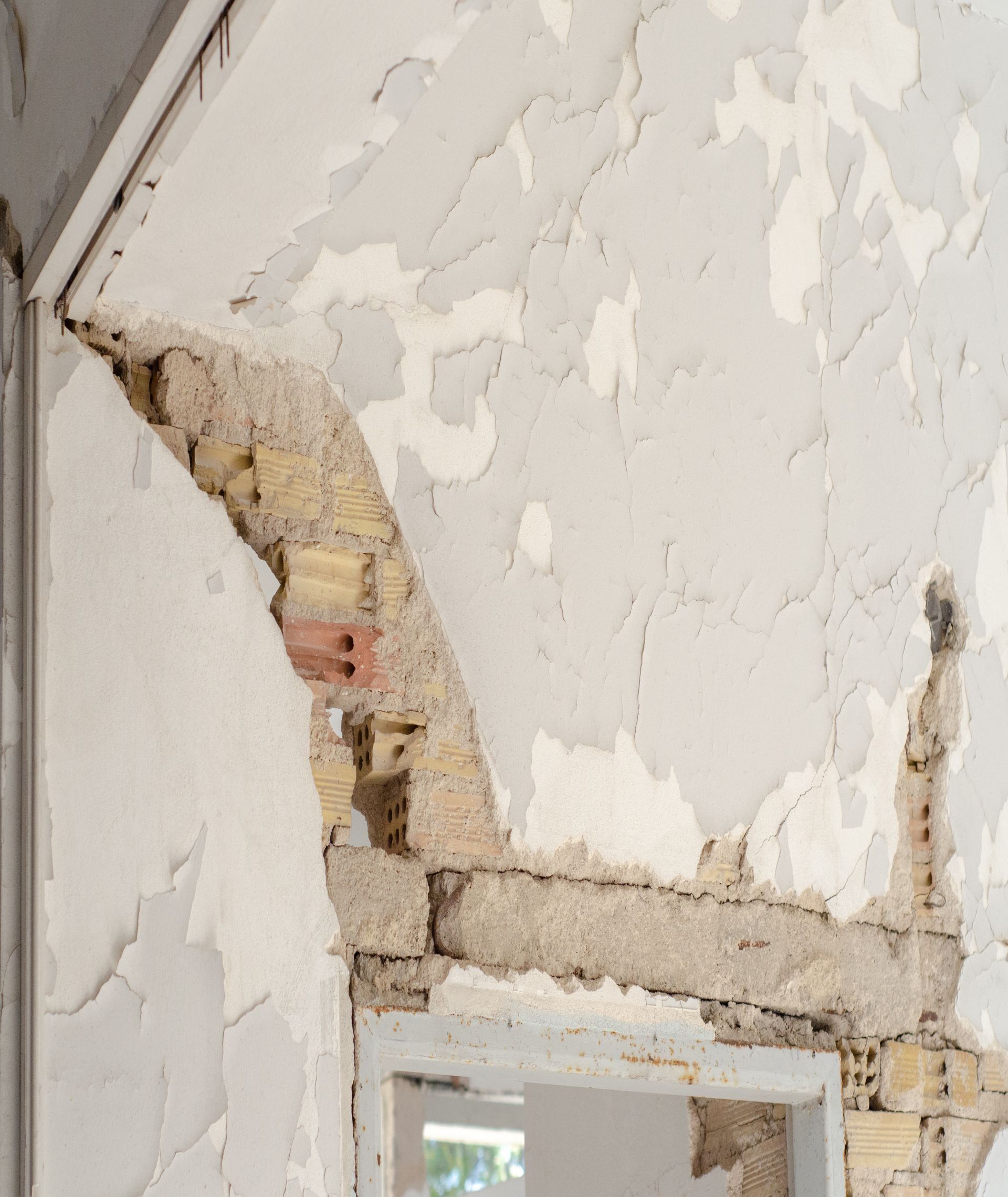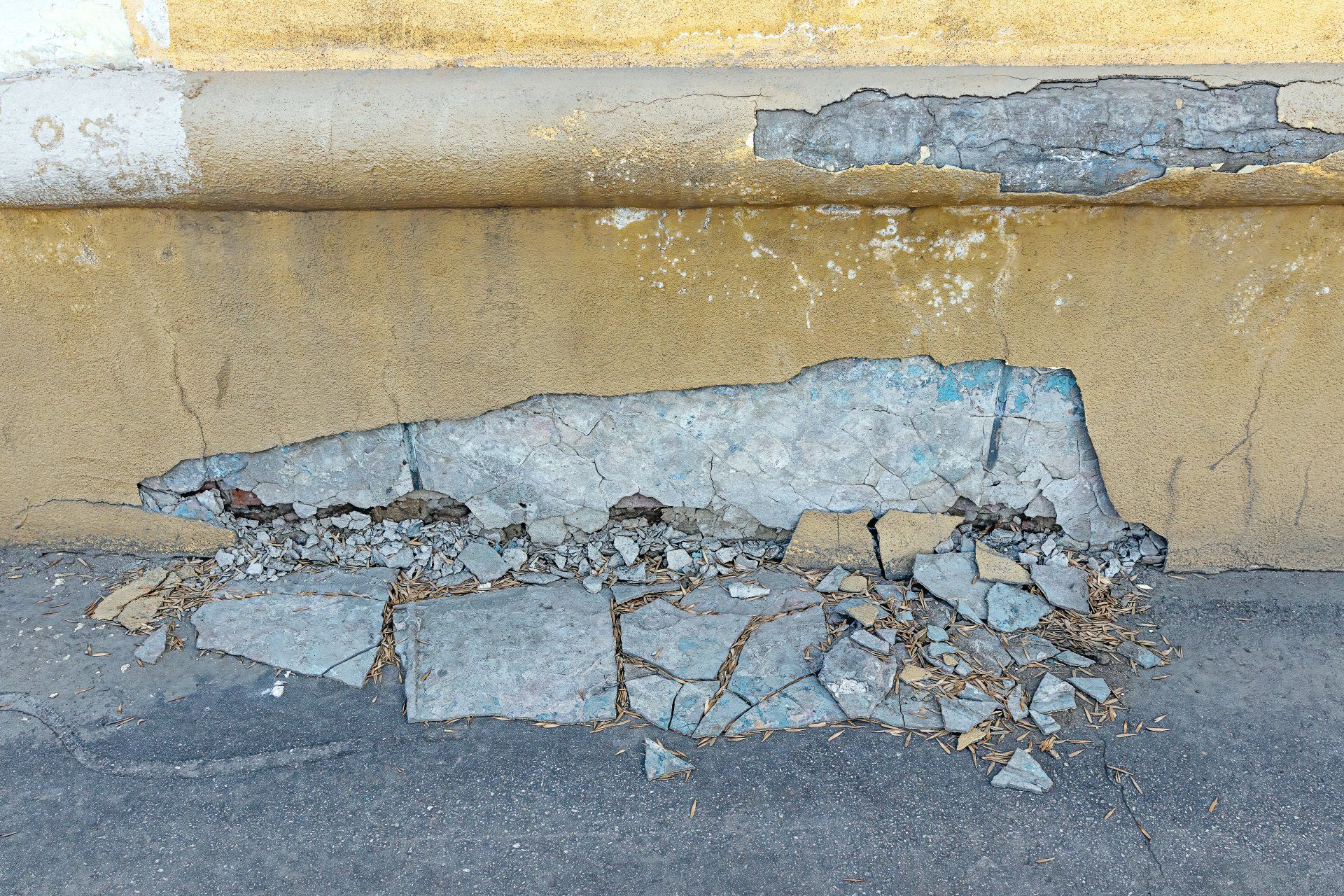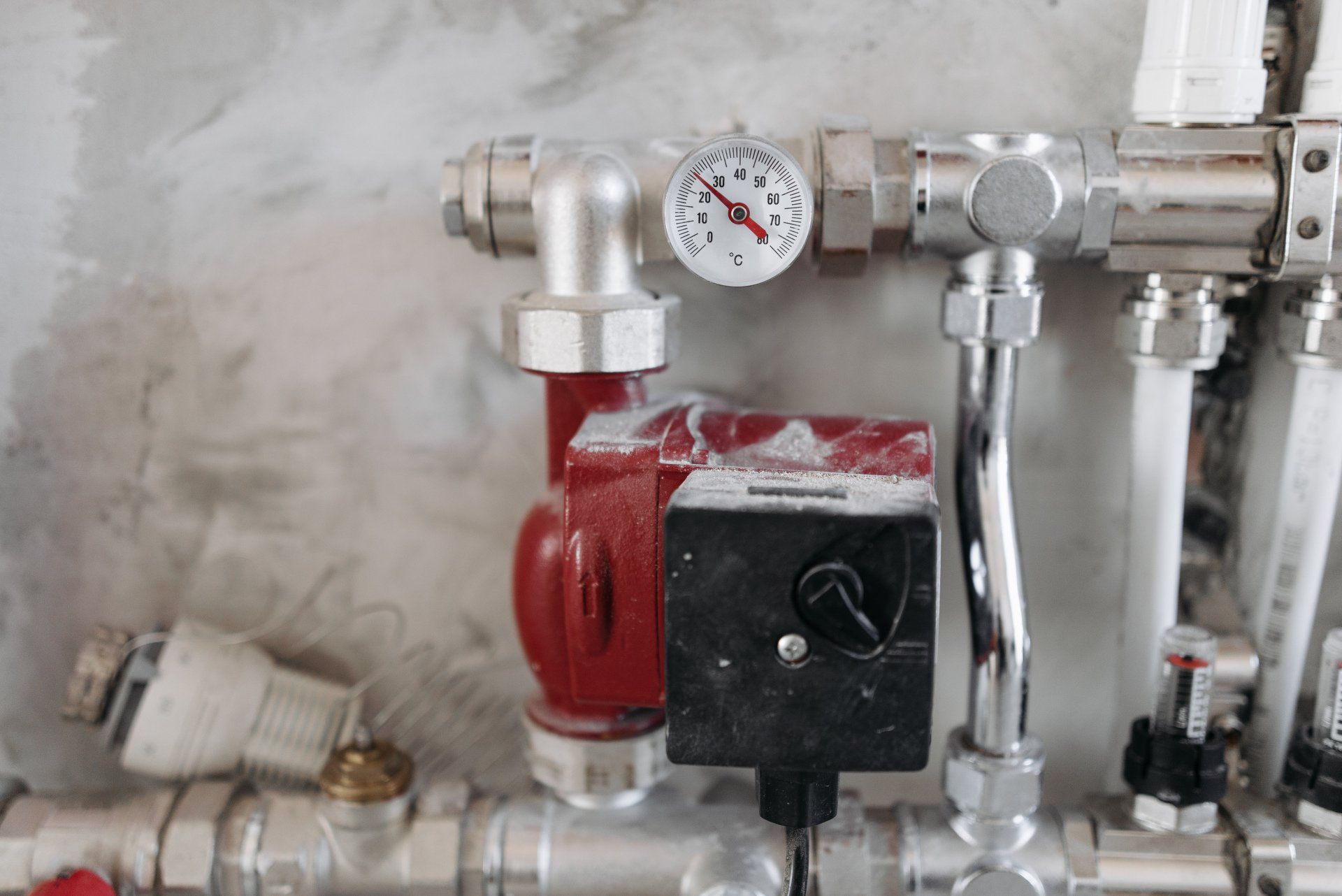Preventing Basement Flooding: Proactive Tips and Strategies
A Dry Foundation: Shielding Your Basement from Water Intrusion
Basement flooding can be a homeowner's worst nightmare, causing extensive damage and financial losses. However, by implementing proactive measures such as proper landscaping and grading, you can significantly reduce the risk of basement flooding. In this article, we will explore these strategies and provide valuable tips to help you safeguard your basement against water intrusion

Understanding the Importance of Grading
Grading refers to the slope and contour of the ground surrounding your home's foundation. Proper grading is crucial because it directs surface water away from your foundation, preventing it from seeping into your basement. Here are some essential tips:
- Slope Away from the Foundation: Ideally, the ground around your home should slope away from the foundation. This slope encourages rainwater to flow away from your basement walls, reducing the risk of water infiltration.
- Maintain a Minimum Gradient: Aim for a minimum slope of at least six inches for the first ten feet away from your foundation. This gradual decline effectively diverts water.
- Regularly Inspect and Adjust: Over time, soil can settle or shift, altering the grading. Periodically inspect your property and make necessary adjustments to maintain the proper slope.
Effective Landscaping Strategies
Landscaping plays a pivotal role in basement flooding prevention. Here are some strategies to consider:
- Install a French Drain: A French drain is a subsurface drainage system that collects and redirects water away from your home. It consists of a perforated pipe surrounded by gravel and is an excellent way to manage excess groundwater.
- Create Rain Gardens: Rain gardens are specially designed to absorb and manage excess rainwater. Planting native, water-absorbent vegetation in these areas can help reduce runoff.
- Use Mulch Beds: Mulch beds around your home's perimeter can help retain moisture, preventing it from seeping into your basement. Ensure these beds are sloped away from your foundation.
- Maintain Gutters and Downspouts: Gutters and downspouts play a crucial role in diverting rainwater away from your foundation. Regularly clean them to prevent clogs and ensure they direct water at least six feet from your home.
Protective Measures for Your Foundation
Your foundation is the first line of defense against basement flooding. Here's how you can enhance its resilience:
- Seal Foundation Cracks: Even small cracks can allow water to penetrate your basement. Regularly inspect your foundation for cracks and promptly seal them with appropriate waterproofing materials.
- Install Window Well Covers: If your basement has window wells, consider installing covers to keep rainwater, debris, and pests out. These covers also enhance security.
- Waterproof Your Basement Walls: Apply a waterproof coating or membrane to your basement walls to provide an extra layer of protection against moisture infiltration.
- Consider a Sump Pump: In areas prone to high water tables or heavy rainfall, a sump pump can be an invaluable asset. It pumps out excess water that accumulates in a sump pit, preventing it from flooding your basement.
Preventing basement flooding requires a proactive approach that includes proper landscaping and grading. By following these tips and strategies, you can significantly reduce the risk of water infiltration, protecting your home and belongings from the devastating effects of basement flooding. Regular maintenance and periodic inspections will ensure that your flood prevention measures remain effective over time. Invest in your home's future by taking action today to safeguard your basement against flooding.
Q&A about Preventing Basement Flooding: Proactive Tips and Strategies
Q: Why is it essential to prevent basement flooding?
A: Preventing basement flooding is crucial because it can cause extensive damage to your home, including structural issues, damage to possessions, and potential health hazards from mold and mildew growth. It also helps maintain the overall value and integrity of your property.
Q: How often should I inspect my basement for signs of potential flooding?
A: Regular inspections are essential. You should inspect your basement and its surroundings at least once a season, or more frequently if you live in an area prone to heavy rainfall or snowmelt. Additionally, consider an annual professional inspection to catch any hidden issues
Q: Can I tackle grading and landscaping adjustments myself?
A: Many homeowners can handle minor grading and landscaping adjustments themselves, such as cleaning gutters or maintaining proper slope. However, for more significant changes or if you're uncertain about the best approach, it's advisable to consult with a professional landscaper or contractor.
Q: Are there any warning signs that my basement may be at risk of flooding?
A: Yes, there are warning signs to watch for, including dampness or water stains on basement walls or floors, the presence of mold or mildew, musty odors, and visible cracks in the foundation. If you notice any of these signs, it's essential to take action promptly.
Q: Is basement waterproofing a guaranteed solution for preventing flooding?
A: Basement waterproofing significantly reduces the risk of flooding, but it's not a foolproof guarantee. Proper grading, landscaping, and regular maintenance should complement waterproofing efforts for maximum protection.
Q: What are some budget-friendly options for preventing basement flooding?
A: Budget-friendly options include cleaning and maintaining gutters and downspouts, ensuring proper grading, and planting water-absorbent vegetation. These steps can make a significant impact on preventing basement flooding without breaking the bank.
Q: Should I consider a sump pump for my basement?
A: If you live in an area prone to high water tables, heavy rainfall, or basement flooding, a sump pump is a wise investment. It can effectively remove excess water and protect your basement from flooding.
Q: Can basement waterproofing be a DIY project?
A: While some minor waterproofing tasks can be done by homeowners, such as sealing small cracks, comprehensive basement waterproofing is best left to professionals. DIY attempts may not provide the same level of protection and can be less effective.
Q: How can I find a reputable contractor for basement waterproofing?
A: To find a reputable contractor, ask for recommendations from friends or neighbors, check online reviews, and verify their licensing and insurance. Get multiple quotes, ask for references, and ensure they provide a written contract that details the scope of work and costs.
Q: Are there eco-friendly options for preventing basement flooding?
A: Yes, eco-friendly options include rain gardens, using native plants, and minimizing the use of impermeable surfaces in your landscaping. These approaches help manage water sustainably while preventing basement flooding.



